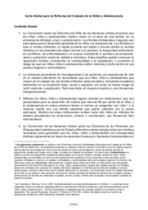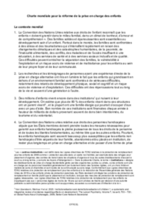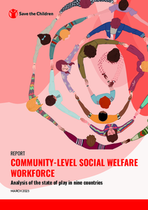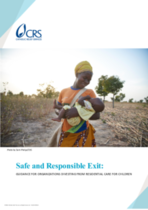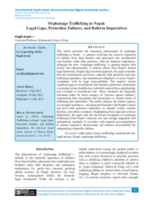The Origin of Language: How We Learned to Speak and Why
In this book about the birth of our species, The Origin of Language argues that it was not hunting, fighting, or tool-making that forced early humans to speak, but the inescapable need to care for our children.

